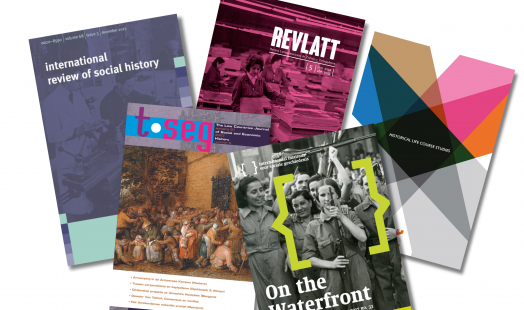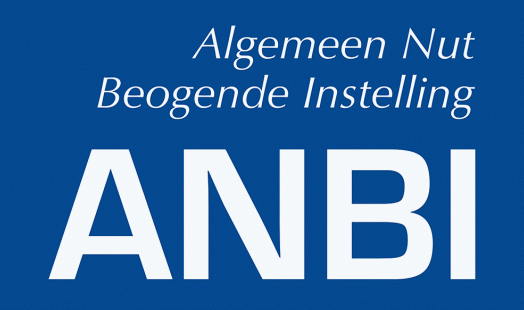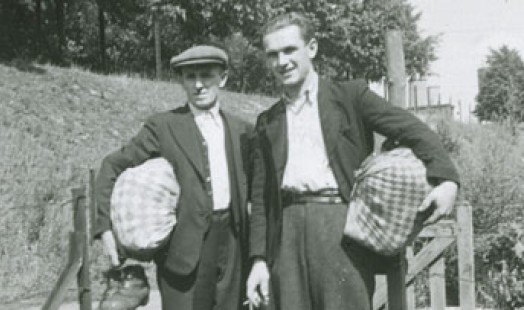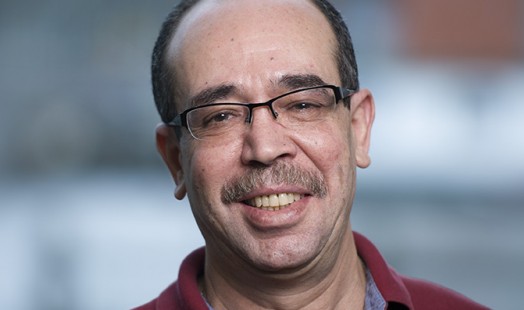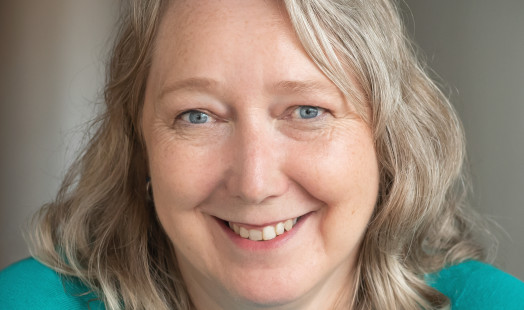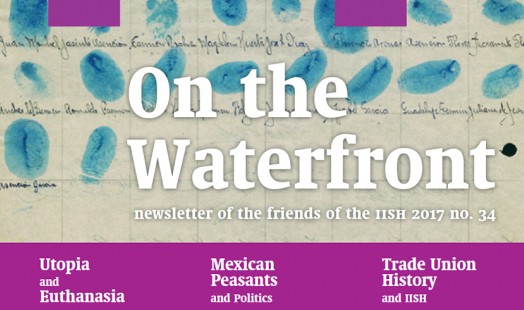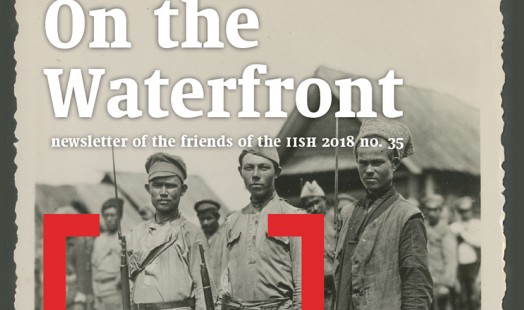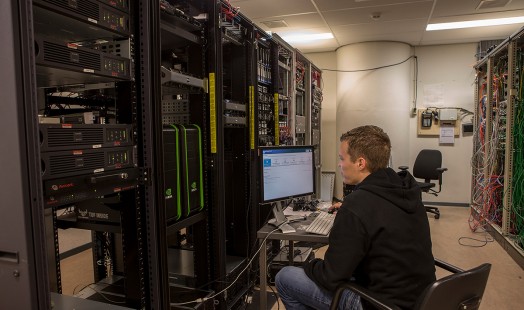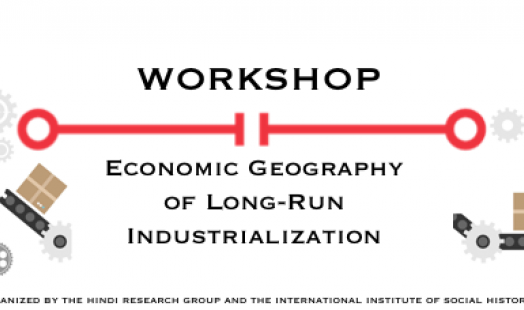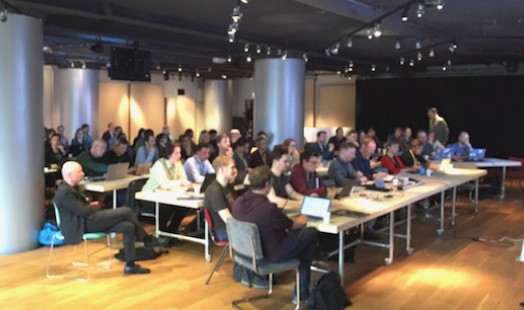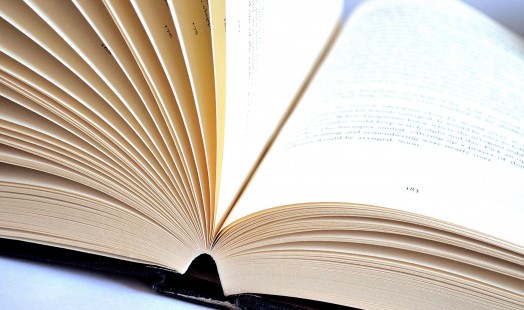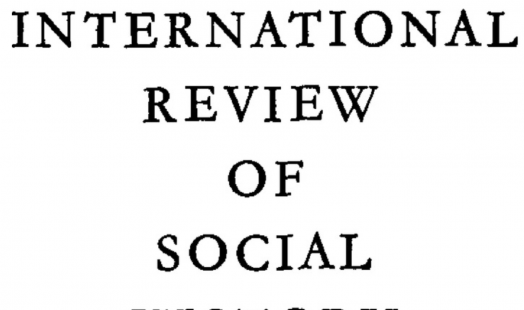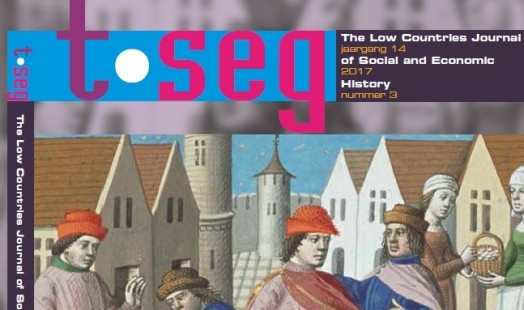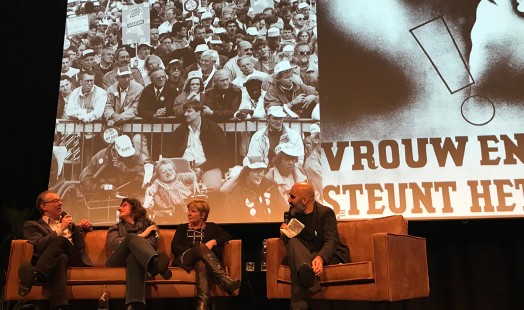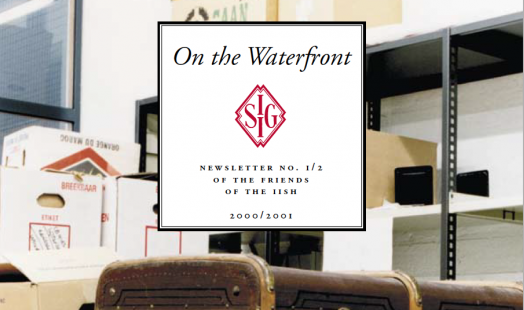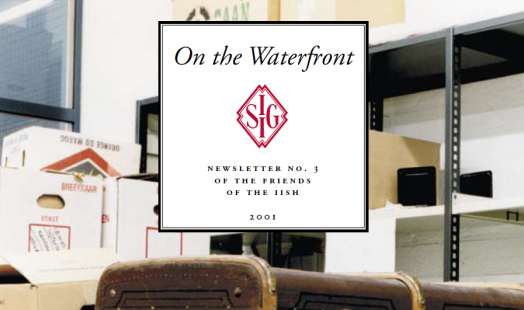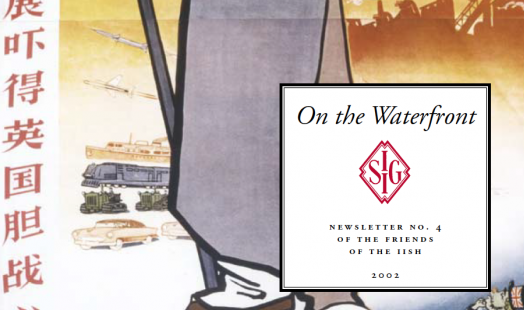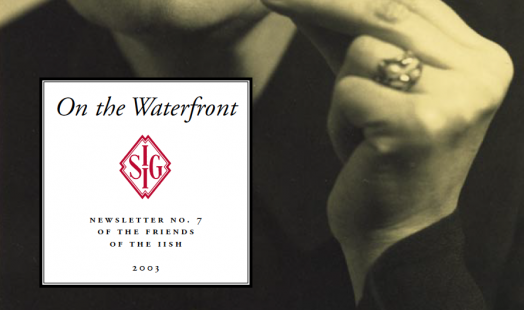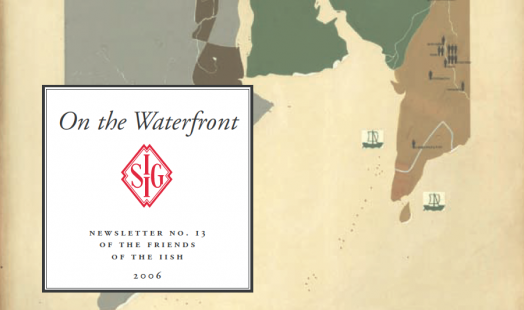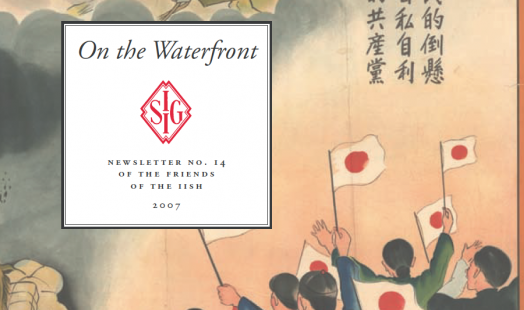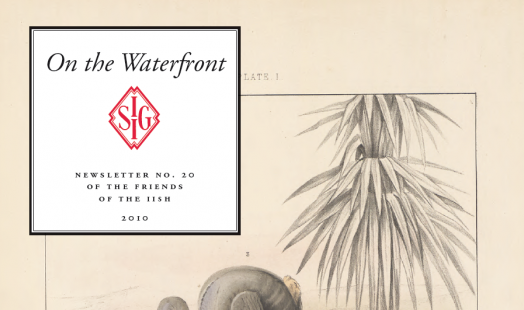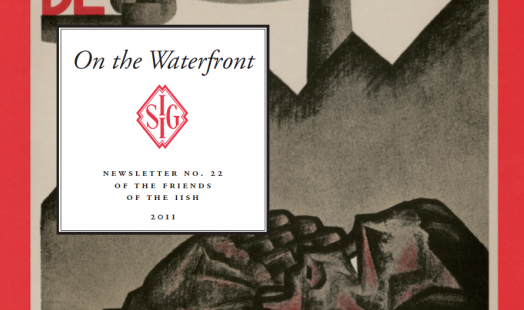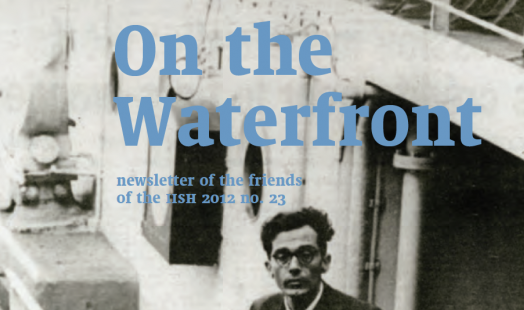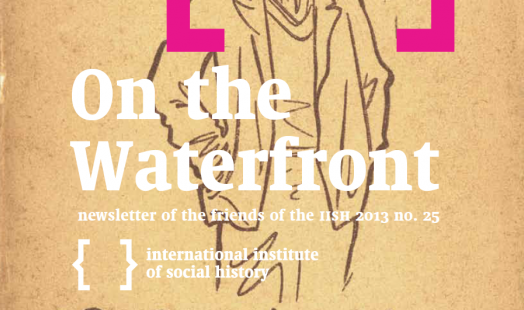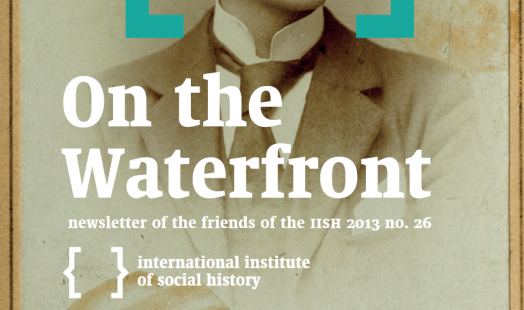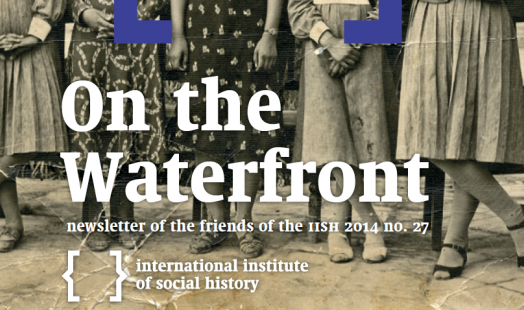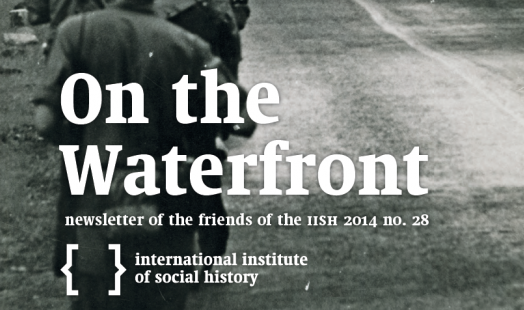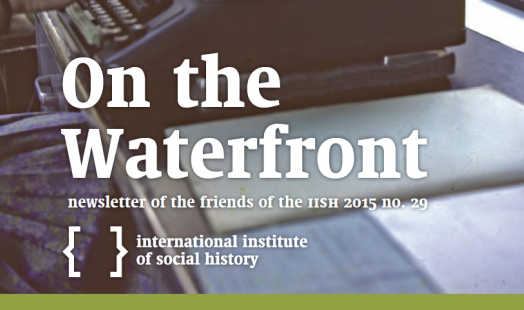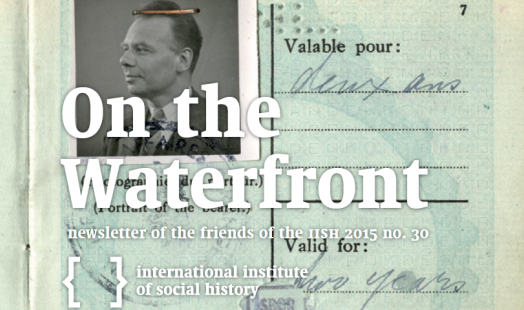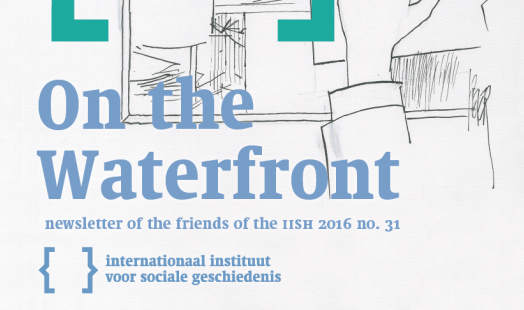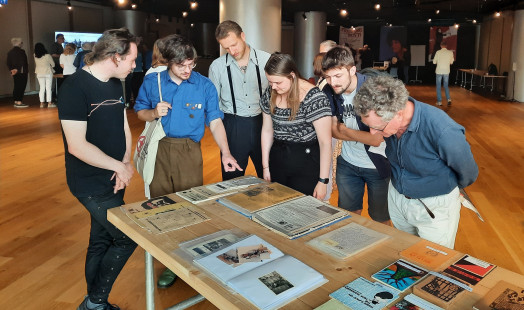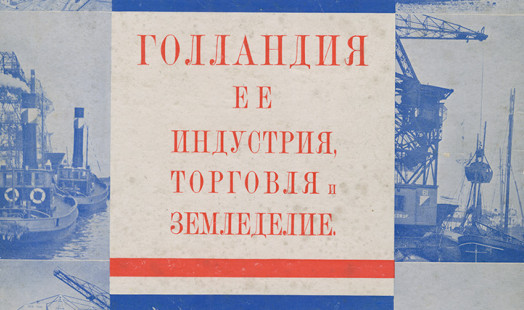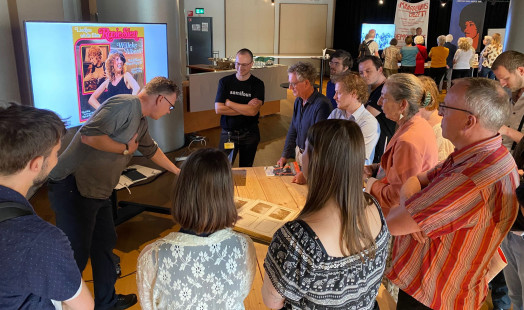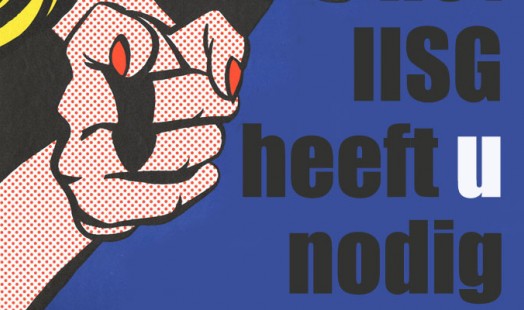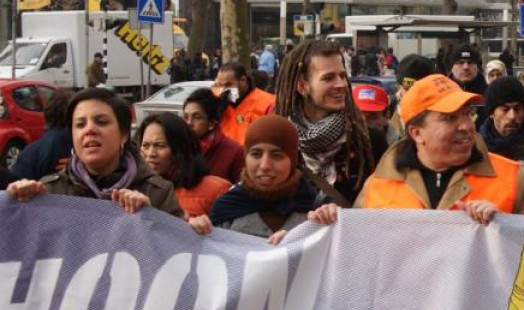Exploring Slave Trade in Asia
Exploring Slave Trade in Asia - Towards an Indian Ocean and Maritime Asia Slave Trade Database
Shifting perspectives
Most of today’s 35.8 million people who live in conditions of slavery are located in Asia, especially India, Pakistan, China and Indonesia (GSI 2014). These conditions have deep historical roots. Scholarship has noted that slavery and slave trade were widespread throughout maritime Asia from the early modern period well into the nineteenth century (Reid 1983; Warren 1981 and 2010; Stanziani 2011 and 2017; Mann 2012). Recent estimates indicate that the Asian slave trade may have been almost as extensive as its Atlantic counterpart (Vink 2003; Allen 2010 and 2014; Van Rossum 2015; Bosma [2018-19]).
From a variety of angles scholars are now working towards a global perspective on the study of slavery and slave trade (Zeuske 2017). A pivotal part of this new turn in the history of slavery studies is the inclusion of maritime Asia. In contrast to the Atlantic space a comprehensive and detailed insight in the size, structure and patterns of this slave trade is lacking for this part of the world. Some topics and regions are relatively well-researched, such as the slave trade of the French near Madagascar and the Cape of Good Hope, but other regions are largely unexplored.
Ways forward
Three ways forward can be identified for the field of Asian slavery studies:
i) Stimulating interaction and connections: Slavery and related forms of bondage are studied for different regions, but usually not in comparative frame or with acknowledgement of their interconnectedness.
ii) Stimulating more research and archival work: Several important studies exist, but remain limited to rough estimates or specific imperial contexts. Recent studies successfully challenged this, but the available ground-data remains relatively limited (Allen 2010 and 2014).
iii) Mobilizing the wealth of available historical and quantifiable data on slave transportations, enslaved populations, markets and prices (Chatterjee and Eaton 2006; Mbeki and Van Rossum 2017).
Over the past three decades, scholars of Atlantic slave trade have taken an exemplary role in addressing such challenges and advancing their field substantially. The creation of Trans-Atlantic Slave Trade Database (http://www.slavevoyages.org) has been crucial in generating new reconstructions, highlighting connections and facilitating research and public awareness. This provides a fruitful model for initiatives to advance global perspectives and Asian slave trade and slavery scholarship.
Infrastructure and data
Since 2016, a growing group of scholars focusing on slavery and slave trade in the Indian Ocean and Indonesian Archipelago Worlds has forged new connections through successful workshops in Amsterdam (2016) and Kalmar (2017). The scholars of this emerging network are committed to develop a coherent field of Asian slave trade and slavery studies, including East, Southeast and South Asia as well as East Africa.
This project aims to build a stable network and to consolidate research in the field of Asian slavery studies by:
- facilitating regular network meetings;
- creating the basis for a collaborative slave trade database initiative by a) collecting and curating existing datasets, b) creating an initial data infrastructure (pilot), and c) identifying source material for future data creation;
- formulating an international grant application for a large collaborative research project centered around the slave trade database initiative and the new research agenda of the network.
Want to join or contribute?
Scholars or students who are interested in contributing to the initiative and providing data are more than welcome. The project currently collects existing datasets, invites new connections for the network and fosters new data contributions. The data is collected and stored at the IISH Dataverse: https://datasets.socialhistory.org/dataverse/iomastd
Do not hesitate to contact us if you want to join. For questions or suggestions with regard to the project, data or sources, please contact Matthias van Rossum (mvr@iisg.nl) or Samantha Sint Nicolaas (samantha.sintnicolaas@iisg.nl).
Network Participants
Prof. dr. Ulbe Bosma (International Institute of Social History)
Dr. Matthias van Rossum (International Institute of Social History)
Dr. Filipa Ribeiro da Silva (International Institute of Social History)
Dr. Richard Zijdeman (International Institute of Social History)
Dr. Jennifer L. Gaynor (School of Law, State University of New York at Buffalo)
Prof. dr. Richard Allen (Framingham University)
Dr. Titas Chakraborty (Duke Kunshan University)
Dr. Claude Chevaleyre (École des Hautes Études en Sciences Sociales)
Prof. dr. Stephan Conermann (Bonn Center for Dependency and Slavery Studies)
Dr. Wil O. Dijk (Independent Researcher)
Dr. Daniel B. Domingues da Silva (Rice University)
Prof. em. dr. David Eltis (Emory University)
Prof. dr. Gerrit Knaap (Huygens-ING)
Michael Reidy, MA (Independent Researcher)
Alexander Geelen, MA (International Institute of Social History)
Dr. Hubert Gerbeau (Maître de conférences émérite - Université Aix-Marseille III)
Dr. Hans Hägerdal (Linnaeus University)
Dr. Jane M. Hooper (George Mason University)
Dr. Preben Kaarsholm (Roskilde University)
Dr Pedro Machado (Indiana University)
Dr. Rafaël Thiébaut (International Institute of Social History)
Dr. George Bryan Souza (University of Texas at San Antonio)
Samantha Sint Nicolaas, MA (International Insitute of Social History)
Merve Tosun, MA (International Institute of Social History)
Dr. Markus P. M. Vink (State University of New York at Fredonia)
Funding
The first phase of this project is funded by the project grant Exploring Slave Trade in Asia (ESTA)awarded within the NWO Internationalisation in the Humanities 2018 Grant Programme (2018).
Past events
Capture, Bondage, and Forced Relocation in Asia, International Conference, Institut d’Asie Orientale, ENS Lyon, 13 and 14 March 2019.
Towards an Indian Ocean and Maritime Asia Slave Trade Database, International Workshop, International Institute of Social History, Amsterdam, 27 and 28 September 2018.
Enslavement in the Indian Ocean World, International Workshop, Centre for Concurrences in Colonial and Postcolonial Studies, Linnaeus University, Växjö-Kalmar, Kalmar, 8 and 9 September 2017.
Slave Trade in the Indian Ocean and Indonesian Archipelago Worlds (16th to 19th Century): New Research, Results and Comparisons, International Workshop, International Institute of Social History, Amsterdam, 9 and 10 November 2016.

